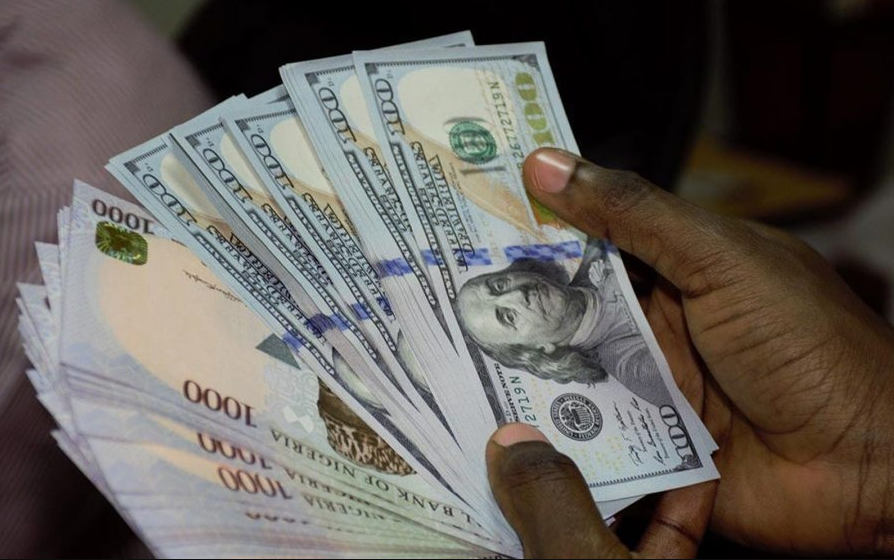The exchange rate used for calculating customs import duties and cargo clearance has decreased for the fifth time in under two weeks, moving from N1,612 per dollar on March 15th to N1,405.46 per dollar currently.
Previously, the Nigerian Customs Service (NCS) had declared that the exchange rate for duty collection and cargo clearance would be determined by the Central Bank of Nigeria (CBN), based on the official market rate.
A breakdown of the decline in the past few days
- 15th March 2024- N1,612/$
- 16th March 2024- N1,593/$
- 19th March 2024- N1,572/$
- 23rd March 2024- N1,448/$
- 27th March 2024- N1,405/$
Recent observations indicate a steady depreciation in value, evidencing the naira’s strengthening against other currencies in both the parallel and official foreign exchange markets. Over the last two weeks, there has been a notable improvement in the naira’s value, climbing from N1,615 per dollar on March 13th to N1,382 per dollar by March 26th.
Recommended reading: Customs FX rate for cargo clearance drops by N124 to N1,448/$
Recent reforms by the CBN
The Nigerian Naira (NGN) has seen improvements recently, which are largely due to the strategic measures and reforms implemented by the central bank aimed at curbing inflation and stabilizing the foreign exchange (FX) market.
Last week, the Central Bank of Nigeria (CBN) disclosed its success in settling an over $4 billion backlog in foreign exchange forwards, benefiting businesses both within and internationally.
Additionally, it has imposed restrictions on International Oil Companies (IOCs), allowing them to only transfer 50% of their foreign exchange earnings immediately and requiring a 90-day wait to transfer the remaining 50%.
Further, the central bank has prevented commercial banks from allocating foreign exchange sales profits towards operational costs and dividend payments. Recently, it began selling dollars to Bureau de Change operators at a rate of N1,251 per dollar.
At its latest Monetary Policy Committee (MPC) meeting, the CBN declared an interest rate increase from 22.75% to 24.75%, marking a 200-basis point rise. Mr. Yemi Cardoso, the committee’s chairman, explained that this adjustment aims to control inflation, currently at 31.7%, and to manage the foreign exchange market effectively.
